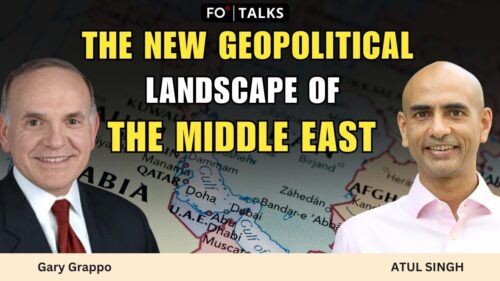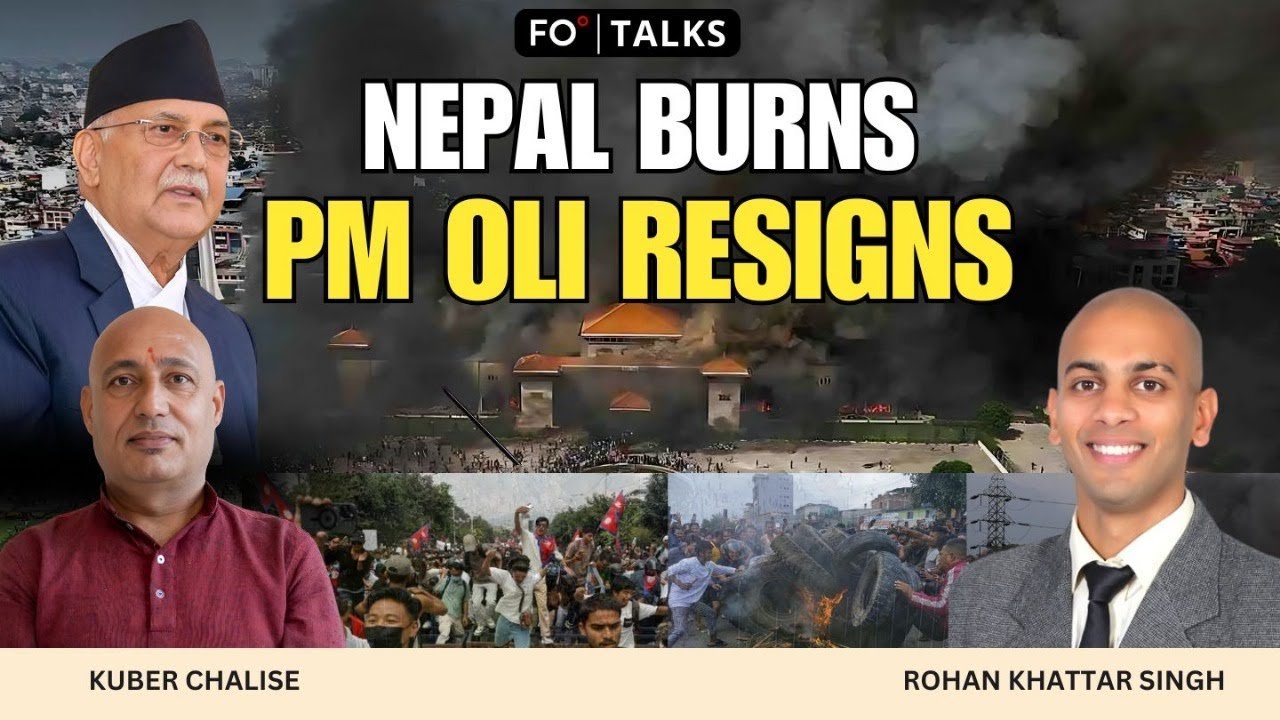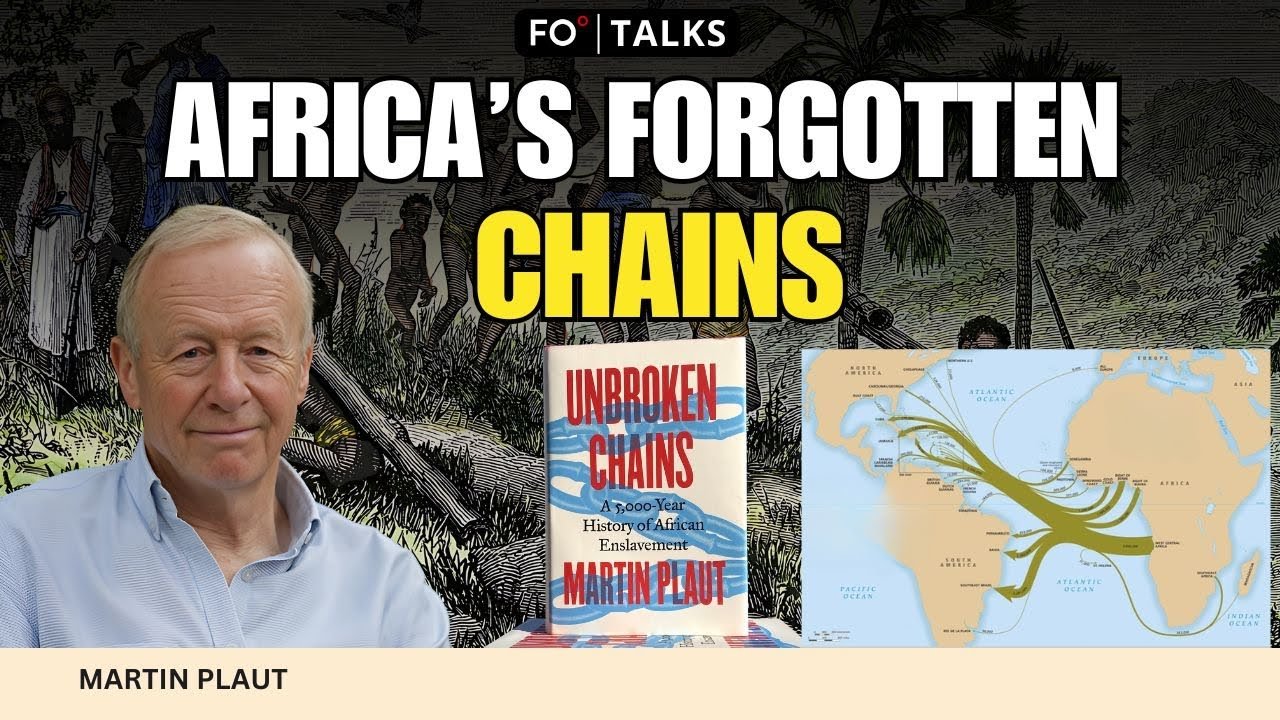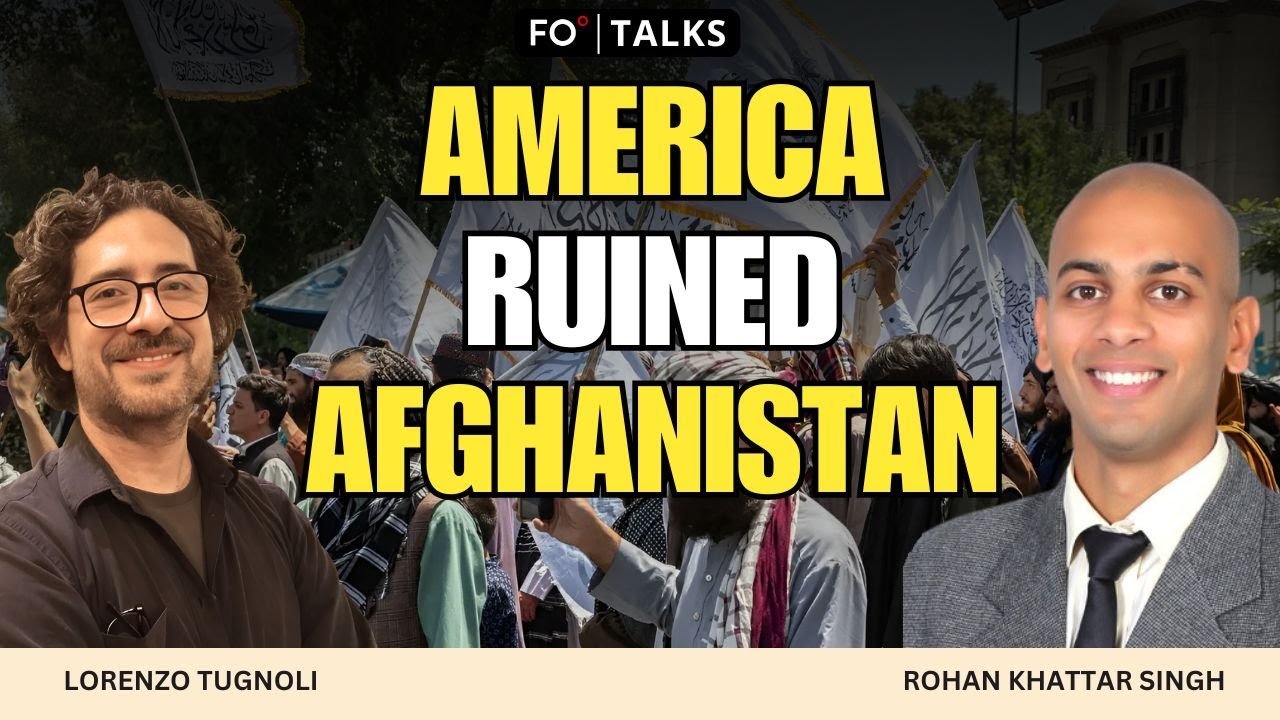In this episode of FO° Talks, Fair Observer Founder Atul Singh and former Israeli Government Official Josef Olmert unpack the June 13 Israeli strike on Iran. The operation had been in the works for years and showcased what Olmert called an “exceptional” intelligence breakthrough. Rather than the anticipated cyberattack or initial strikes on nuclear sites, Israel began by eliminating 20 key military commanders to paralyze Iran’s response capabilities, catching Tehran off guard.
The strike and its military impact
With the Iranian leadership disabled, Israel launched a powerful wave of attacks on Iran’s nuclear infrastructure. The site at Natanz was rendered inoperable, Farchan was hit and more attacks may follow, especially on the fortified Fordow facility. The Israeli military handled this operation with unprecedented speed and depth, eliminating the top opposition and smuggling helicopters. The attack also killed 14 elite scientists, severely hampering Iran’s nuclear ambitions.
Iran’s response and Israeli resilience
Iran retaliated with ballistic missile strikes. Israel’s air force, operating with near-total dominance over Iranian airspace, managed to take out launch sites before many rockets could be fired. Though Iran hit targets like Israel’s Hifa refinery and the Weizmann Institute, it failed to deliver any strategic damage.
Despite limited casualties, the psychological impact inside Israel is real. Rumors of mass flight are false; thousands of Israelis abroad instead rushed to return home.
Israel’s next steps to weaken Iran
With air supremacy secured, Israel’s next moves depend on political decisions. Israeli Prime Minister Benjamin Netanyahu could continue targeting military leadership, strike economic assets like oil infrastructure or symbolically humiliate the Iranian regime to encourage domestic unrest. Each path carries trade-offs: A bolder approach could trigger global pressure for a ceasefire, while restraint risks giving Tehran time to regroup. It’s a “catch-22,” with no easy solution.
Israel’s goals go beyond physical damage. It aims to make Iran’s nuclear program a wasted investment and sap the regime’s strength to project power. Central to Israel’s strategy is creating space for opposition. Iran, meanwhile, seeks to retain its status as a regional superpower, but Olmert believes it has already lost much of its credibility.
Prospects for regime collapse
Although a revolution may seem unlikely, such changes can come rapidly, faster even than Syrian dictator Bashar al-Assad’s regime collapse. While Iran’s minorities — Kurds, Baluchis, Arabs, Azeris — may play a role, the country’s internal complexity makes fragmentation improbable. The regime retains support from religious conservatives and the Islamic Revolutionary Guard Corps, though it has lost the younger, educated urban population. The absence of live appearances by Iranian leaders may signal the nation’s eroding legitimacy.
Strategic risks and the global response
Risks remain, including potential Iranian missile strikes on nuclear facilities like the Israeli city of Dimona or major airports. Olmert considers such scenarios unlikely but not impossible. He believes Tehran’s current behavior, including hints at closing the Strait of Hormuz or manipulating oil prices, reflects desperation. Moves like these would likely provoke US intervention, which would not serve Iran’s interests.
While Gulf countries officially denounce Israel’s actions, they are quietly pleased, even celebratory. Still, Muslim public opinion from Turkey to Indonesia has swung against Israel, feeding a siege mentality within Israeli society. Olmert warns that Iran might deliberately escalate toward catastrophe to trigger international demands for a ceasefire. G7 and NATO leaders may eventually pressure Israel.
Domestic politics and the long game
Has Israel overreached? Olmert says that the answer hinges on the fate of Iran’s regime. Netanyahu faces political challenges, but if he emerges with a decisive win, he could gain room to compromise on other fronts, including Gaza.
That said, Olmert notes Israel’s long-standing failure to convert military success into political capital, often constrained by its allies. The endgame, he argues, depends less on battlefield outcomes than on political shifts in Tehran.
[Lee Thompson-Kolar edited this piece.]
The views expressed in this article/video are the author’s own and do not necessarily reflect Fair Observer’s editorial policy.












































Comment